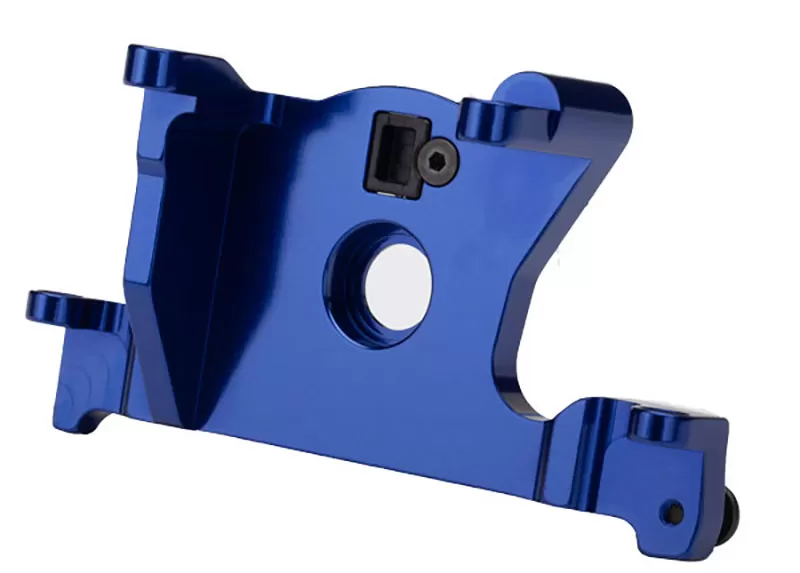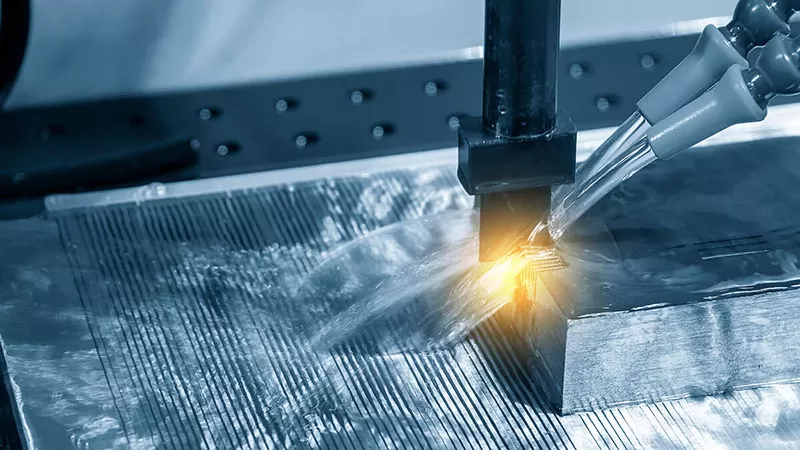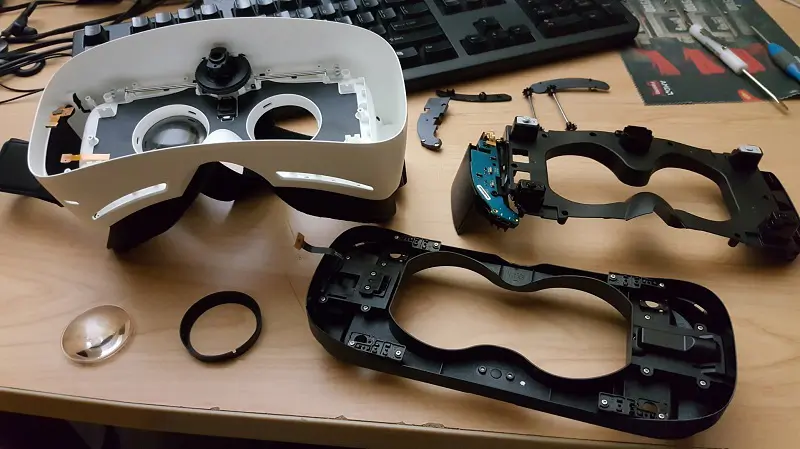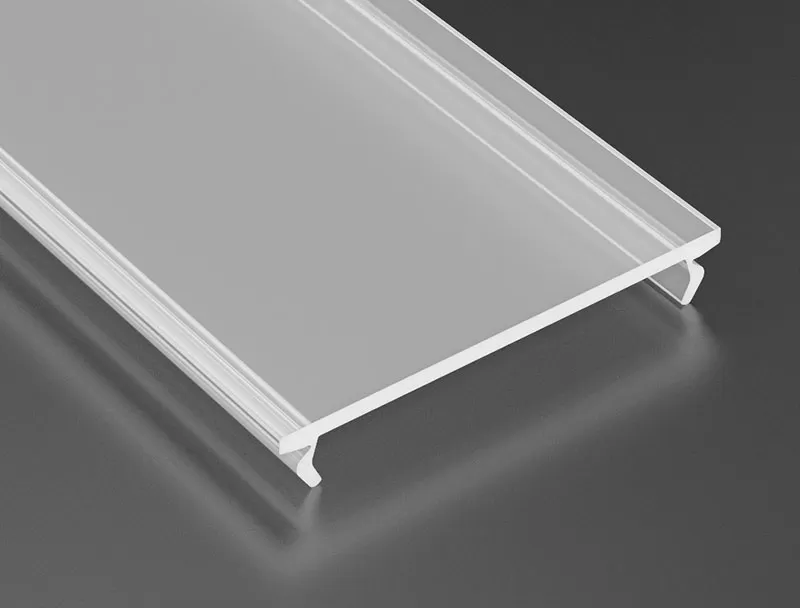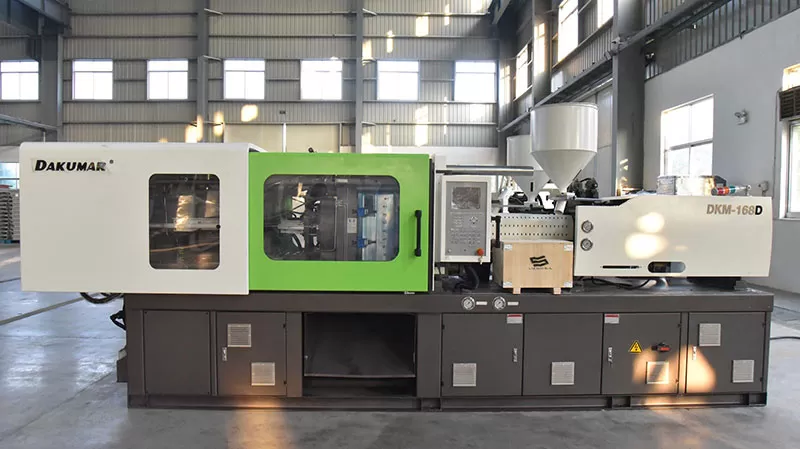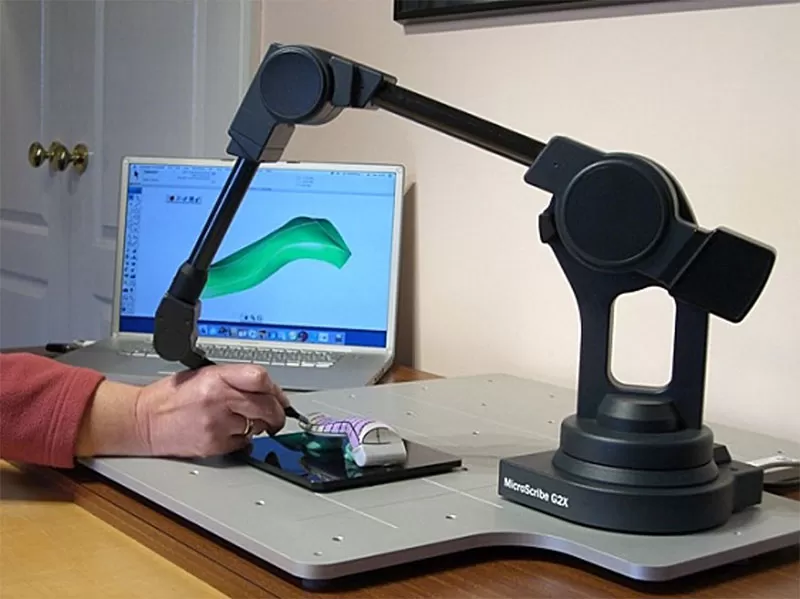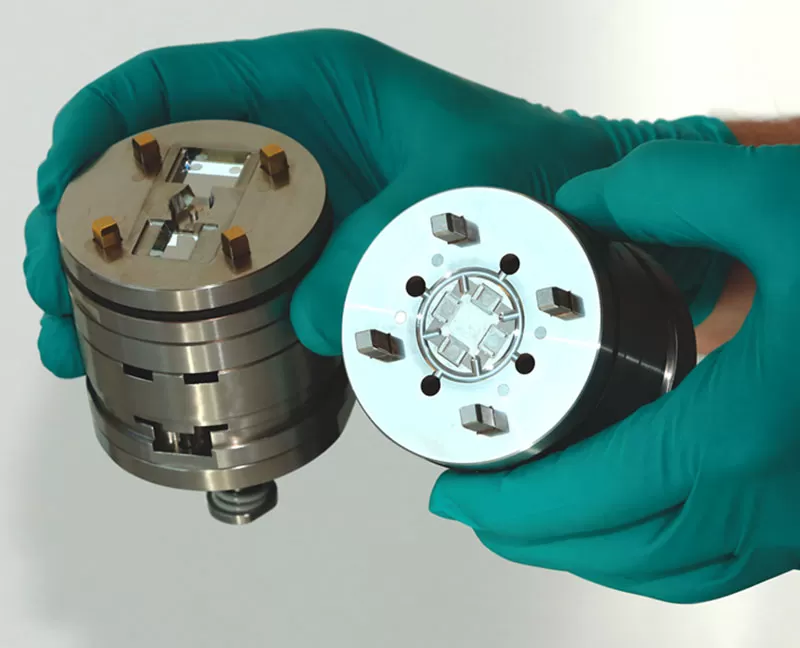Revolution of Custom Small Batch Production in Modern Industries
Custom Small Batch Production Needs in Today’s Industries
In today’s fast-paced world, consumer demands are evolving at an unprecedented rate. With the rise of e-commerce and social media, consumers have more access to information and options than ever before. They want products that meet their unique needs and preferences, and they want them quickly. As a result, businesses must be flexible and adaptable to keep up with these rapid changes in consumer demands. Custom small batch production refers to the process of manufacturing products in small quantities, tailored to specific customer needs. Unlike mass production, which produces large quantities of standardized products, custom small batch manufacturing allows for greater flexibility and customization. By embracing small batch production, businesses can reduce the risk of excess inventory and obsolete products, while fostering innovation through experimentation. This method enables businesses to offer personalized products that meet the unique needs and preferences of their customers. This, in turn, leads to increased customer satisfaction and loyalty.

3d Printed Small Batch Production

3d Printed Small Batch Production
What is Custom Small Batch Manufacturing?
Custom small batch manufacturing is a manufacturing method that involves producing goods in small quantities to meet the specific needs and preferences of individual customers. Unlike mass production, which focuses on producing large quantities of standardized products, custom small batch manufacturing allows for greater flexibility and customization. In custom small batch production, products are made in smaller quantities, often using manual labor or specialized equipment. This approach allows for greater attention to detail and the ability to make adjustments to meet unique customer requirements. The products produced through tailored small batch production are often of higher quality, as each product is carefully crafted and inspected to ensure it meets the customer’s expectations.
Customized low volume production is becoming increasingly popular in industries such as fashion and apparel, consumer electronics, and automotive. These industries are embracing custom small batch production as a way to offer unique and personalized products to customers, while also reducing waste and increasing efficiency. On demand small batch production is a manufacturing approach that offers greater flexibility and customization than mass production. While it may be more expensive per unit, it can result in higher quality products that meet the specific needs and preferences of individual customers.
Advantages of Small Batch Custom Production
Small batch custom production offers numerous advantages compared to mass production, including greater flexibility in product design and offering, reduced risk of excess inventory and obsolete products, fostering innovation by encouraging experimentation, and increased customer satisfaction due to personalized products.
- Flexibility in Product Design and Offering
Customized small batch production offers greater flexibility in product design and offering, allowing businesses to meet the unique needs and preferences of individual customers. This approach enables businesses to create products that are tailored to specific customer requirements, rather than offering a limited range of standardized options. By embracing tailored small batch production, businesses can differentiate themselves from competitors and appeal to a broader customer base.
- Reduced Risk of Excess Inventory and Obsolete Products
One of the main advantages of custom small batch production is the reduced risk of excess inventory and obsolete products. In mass production, products are often made in large quantities, with the hope of selling them in the future. However, if consumer demand changes, these products can become obsolete, resulting in waste and reduced profitability. Custom low volume production, on the other hand, allows businesses to produce products only when there is demand, reducing the risk of excess inventory and waste.
- Fostering Innovation by Encouraging Experimentation
Custom small batch production fosters innovation by encouraging experimentation. This approach allows businesses to experiment with different designs and materials, and to test new products on a small scale before committing to larger production runs. This experimentation can lead to the development of new and innovative products, which can help businesses stand out in a crowded marketplace.
- Increased Customer Satisfaction Due to Personalized Products
Custom small batch production leads to increased customer satisfaction due to personalized products. By offering products that are tailored to specific customer needs and preferences, businesses can create a more personal connection with their customers. This personalization can lead to increased customer loyalty and repeat business, as customers feel a stronger connection to the businesses that offer personalized products.
Key Industries Embracing Tailored Small Batch Production
Fashion and Apparel Industry
The fashion and apparel industry has seen the rise of tailored small batch production, particularly in response to the fast fashion industry. Fast fashion involves producing a large quantity of cheap clothing quickly, which has led to environmental concerns and ethical issues. Custom small batch manufacturing is a more sustainable approach that prioritizes slow fashion and quality over quantity. It allows clothing designers and manufacturers to create unique and personalized pieces for customers. This approach also promotes the use of sustainable materials and production processes, which helps to reduce waste and minimize the impact on the environment.
Custom small batch production also takes advantage of technology to produce small batches of clothing. Digital pattern-making software and 3D printing have made it easier for designers to create custom products quickly and with greater precision. Automation and robotics have made it more efficient to produce small batches of clothing at a lower cost.
Consumer Electronics Industry
The consumer electronics industry has undergone a significant transformation in recent years, with the rise of tailored small batch production. Here are some of the key trends driving the adoption of this approach:
Customized Gadgets and Devices
Custom small batch production allows businesses to create customized gadgets and devices that meet the unique needs and preferences of individual customers. This approach allows businesses to differentiate themselves from competitors and offer unique products that appeal to a broader customer base. By offering customized products, businesses can enhance customer satisfaction and loyalty.
Rapid Prototyping and Iteration
Customized small batch production enables rapid prototyping and iteration, allowing businesses to experiment with new designs and features quickly and efficiently. This approach can lead to the development of more innovative and user-friendly products, enhancing customer satisfaction and loyalty. Rapid prototyping and iteration also allow businesses to stay ahead of the curve and respond quickly to changing customer needs and preferences.
Niche Markets and Unique Offerings
Custom small batch manufacturing is well-suited for niche markets and unique offerings, as it allows businesses to produce products in small quantities that meet the specific needs and preferences of individual customers. This approach can lead to increased customer loyalty and repeat business, as customers feel a stronger connection to the businesses that offer personalized products. By offering unique and exclusive products, businesses can differentiate themselves from competitors and appeal to a specific customer base.
Automotive Industry
The automotive industry has also embraced custom small batch production, offering customers greater flexibility and customization in their cars. Here are some of the key trends driving the adoption of this approach:
Limited-Edition Models
Tailored small batch production allows businesses to produce limited-edition models, creating a sense of exclusivity and excitement among customers. These models are often produced in small quantities, with a focus on innovation and customization. Limited-edition models can be used to celebrate special occasions or commemorate milestones, further enhancing their appeal to customers.
Customizable Features and Options
Custom small batch production enables businesses to offer customizable features and options, allowing customers to tailor their cars to their specific needs and preferences. This approach can lead to increased customer satisfaction and loyalty, as customers feel a stronger connection to the businesses that offer personalized products. Customizable features and options can also be used to differentiate cars from competitors, further enhancing their appeal to customers.
Luxury and Niche Brands
On demand small batch manufacturing is especially popular in the luxury and niche brands segment of the automotive industry. These brands often produce cars in limited quantities, with a focus on quality and customization. By offering unique and exclusive products, these brands can differentiate themselves from competitors and appeal to a specific customer base. Custom small batch manufacturing also allows luxury and niche brands to experiment with new designs and features, further enhancing their appeal to customers.
Technology Behind On Demand Small Batch Production
On demand small batch production is a manufacturing process that allows businesses to produce small quantities of customized products quickly and efficiently. This approach is becoming increasingly popular across a range of industries, including fashion, consumer electronics, and automotive. Here are some of the key technologies driving the adoption of customized small batch production:
3D Printing
3D printing, also known as additive manufacturing, is a technology that uses a layer-by-layer approach to create three-dimensional objects. This technology is widely used in custom small batch production, as it allows businesses to rapidly prototype and customize products. 3D printing enables businesses to produce small quantities of products quickly and efficiently, without the need for expensive tooling or molds. It also allows for greater design flexibility, as businesses can easily modify designs and produce unique products for individual customers.
However, there are some limitations to 3D printing technology. The materials used in 3D printing are often limited in terms of strength, durability, and heat resistance. 3D printing is also not well-suited for producing large quantities of products, as it can be time-consuming and expensive.
Advanced Robotics and Automation
Advanced robotics and automation are key technologies driving the adoption of custom small batch production. Flexible manufacturing systems, which use robots and automation to produce small quantities of products quickly and efficiently, are becoming increasingly popular. Collaborative robots are also widely used in tailored small batch manufacturing. These robots work alongside human operators, improving efficiency and productivity. They can also be easily reprogrammed to perform different tasks, making them well-suited for tailored low volume production.
Digital Manufacturing and Industry 4.0
Digital manufacturing and Industry 4.0 are also driving the adoption of custom small batch production. These technologies use digital tools and data to improve manufacturing processes and supply chain management. Here are some of the key technologies driving the adoption of digital manufacturing and Industry 4.0:
Internet of Things (IoT) and Smart Factories
The Internet of Things (IoT) refers to the network of physical devices, vehicles, buildings, and other objects that are embedded with sensors, software, and connectivity, enabling them to collect and exchange data. In custom small quantity production, IoT technology is used to create smart factories, which use real-time data to improve efficiency and productivity. Smart factories can also be easily reconfigured to produce different products, making them well-suited for custom small batch production.
Big Data and Predictive Analytics
Big data and predictive analytics are also driving the adoption of custom small batch production. These technologies use data to identify patterns and make predictions about future production processes. They can also be used to optimize production processes and improve supply chain management, leading to improved efficiency and productivity.
Digital Supply Chain Management
Digital supply chain management uses digital tools and data to manage the flow of goods and services from suppliers to customers. It enables businesses to track products in real-time, optimize inventory levels, and improve delivery times. Digital supply chain management is well-suited for custom small batch production, as it allows businesses to manage the production of small quantities of products efficiently and effectively.
Overall, the technology behind custom small batch production is rapidly evolving, with new technologies emerging all the time. By adopting these technologies, businesses can improve efficiency, productivity, and customer satisfaction, while staying ahead of competitors.
Challenges and Solutions in Custom Small Batch Production
Custom small quantity manufacturing offers many benefits to businesses, but it also presents several challenges that must be addressed. Here are some of the key challenges and solutions:
Balancing Customization and Efficiency
One of the biggest challenges in custom small batch production is balancing customization and efficiency. Customization often requires more time and resources, which can drive up costs. To address this challenge, businesses can implement lean principles to streamline production processes and reduce waste. They can also use digital tools and automation to improve efficiency and reduce costs.
Quality Control and Consistency
Another challenge in custom low volume production is ensuring high-quality products and consistency. Businesses must ensure that each product meets the required quality standards, even when producing small quantities. To address this challenge, businesses can implement standardization and documentation processes to ensure consistent quality across all products. They can also use quality control tools and techniques, such as statistical process control and Six Sigma, to ensure that products meet the required specifications.
Scaling up Custom Small Batch Production
As customized small batch production becomes more popular, businesses may need to scale up production to meet growing demand. However, scaling up production can be challenging, particularly when moving from niche to mainstream markets. To address this challenge, businesses can adopt new technologies and strategies, such as digital manufacturing and Industry 4.0, to improve efficiency and productivity. They can also collaborate with other businesses to share resources and expertise, and outsource non-core functions to third-party providers.
Overall, custom small batch production presents several challenges, but businesses can address these challenges by adopting new technologies and strategies, implementing lean principles, ensuring quality control and consistency, and collaborating with other businesses. By addressing these challenges, businesses can take advantage of the benefits of custom low volume manufacturing, such as increased customer satisfaction, improved efficiency, and greater flexibility.


